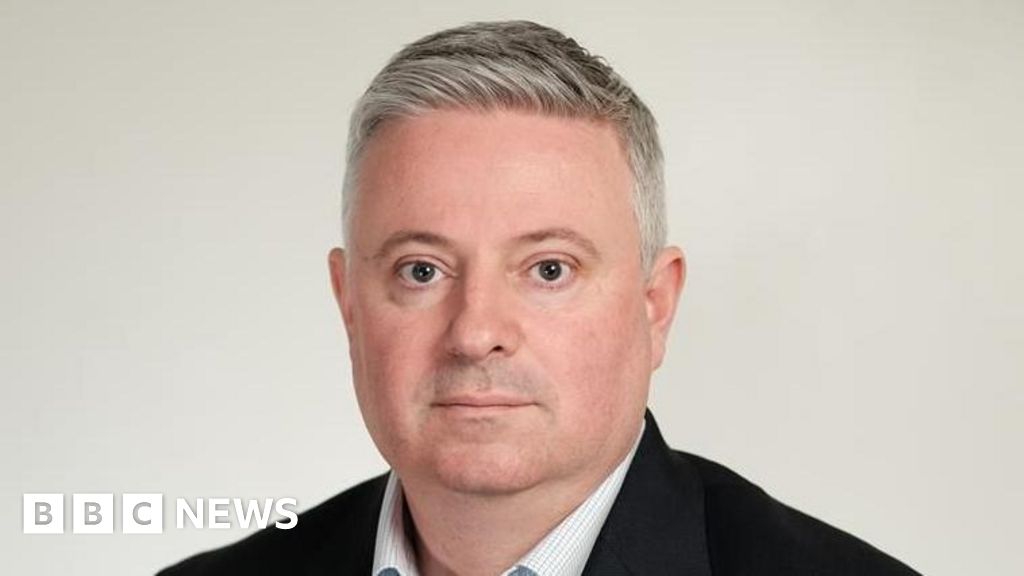Kennedy Defends Proposed HHS Budget Cuts Amidst Congressional Scrutiny

Health and Human Services (HHS) Secretary Robert F. Kennedy Jr. faced rigorous questioning from both the House and Senate budget committees this week as he defended proposed reductions to the department's 2026 budget. The hearings, held on Wednesday, highlighted significant disagreements over spending priorities and the potential impact of the cuts on vital healthcare programs.
Kennedy’s appearance before the committees marked a crucial moment in the budget debate, providing lawmakers an opportunity to directly challenge his administration’s financial proposals. The proposed budget outlines significant cuts across various HHS agencies, sparking concern amongst Democrats and some Republicans who fear the impact on public health initiatives, research funding, and access to care, particularly for vulnerable populations.
During the House hearing, Kennedy emphasized the need for fiscal responsibility and streamlining government operations. He argued that the proposed cuts are necessary to address the nation's growing debt and ensure the long-term sustainability of healthcare programs. “We need to be realistic about the resources available and prioritize those programs that deliver the greatest impact,” Kennedy stated. He pointed to potential areas of efficiency gains and technological advancements that could offset some of the cuts.
However, House committee members pressed Kennedy on the specifics of the proposed reductions, questioning the potential consequences for programs like Medicare, Medicaid, and the National Institutes of Health (NIH). Representative [Insert Representative's Name - e.g., Sarah Miller], a vocal critic of the budget, expressed concerns that the cuts would disproportionately affect low-income families and individuals with pre-existing conditions. “These cuts are not just numbers on a page; they represent real people’s lives and their access to essential healthcare services,” she argued.
The Senate hearing followed a similar pattern, with senators raising concerns about the potential impact of the budget on public health preparedness, opioid addiction treatment, and mental health services. Senator [Insert Senator's Name - e.g., John Davis] questioned Kennedy about the administration's plan to mitigate the negative effects of the cuts on these critical areas. Kennedy responded by outlining a series of strategies, including partnerships with private organizations and a focus on preventative care.
While Kennedy defended the proposed budget as a responsible approach to fiscal management, the hearings underscored the deep divisions within Congress over spending priorities. The debates are expected to continue as lawmakers work to finalize the 2026 budget. The outcome will have a significant impact on the future of healthcare in Canada, shaping access to care, research funding, and the overall health and well-being of Canadians.
Key Takeaways from the Hearings:
- Strong Opposition: Both House and Senate committees expressed significant concerns about the proposed HHS budget cuts.
- Fiscal Responsibility vs. Public Health: The hearings highlighted the ongoing tension between the need for fiscal responsibility and the importance of investing in public health.
- Impact on Vulnerable Populations: Lawmakers emphasized the potential impact of the cuts on low-income families, individuals with pre-existing conditions, and other vulnerable populations.
- Continued Debate: The budget debate is far from over, and further negotiations are expected in the coming weeks.






